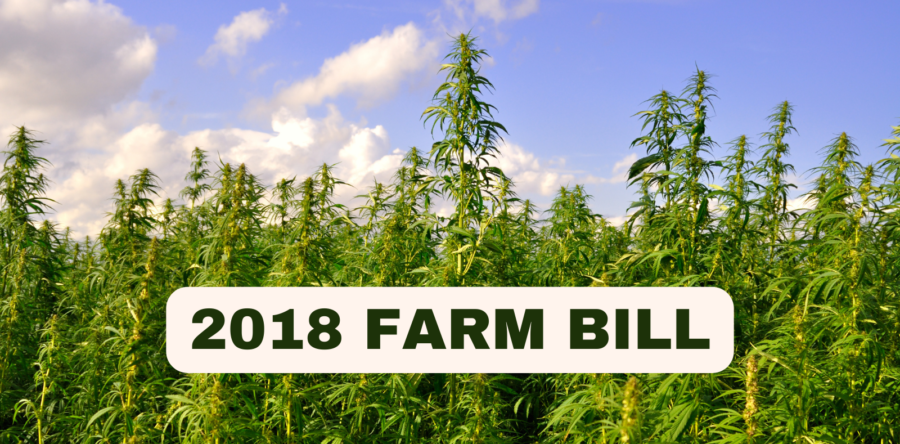A team of public health scientists from the University of Southern California in Los Angeles outlined the loophole issues in an alert entitled, Closing the Loophole on Hemp-Derived Cannabis Products - A Public Health Priority, that was published in the online Journal of the American Medical Association (JAMA) Network.
A loophole in the Farm Act bill of 2018 that allowed for the legalization of hemp farming has had an open-door effect for manufacture and sales of highly potent derivatives and products even in states that don’t allow for recreational marijuana use. Hemp is the low-THC botanical relative of marijuana that’s synthesized into dangerous intoxicating compounds that are anything but natural or low-THC.
Some of the products include Delta 8 THC and Delta 10 THC, just two of many compounds found in hemp and sold in dispensaries, smoke shops, convenience stores, and online. The lack of regulation allows for poor manufacturing practices that could lead to dangerous, life threatening health impacts. Furthermore, due to the extensive range of dangerous products and the lack of uniform dosing practices, packaging, and regulation, it poses a risk to those who consume the drugs.
In related research also published in the JAMA Network, authors expose the issues with accuracy of labeling of hemp products in their investigation entitled, Cannabinoid Content and Label Accuracy of Hemp-Derived Topical Products Available Online and at National Retail Stores.





